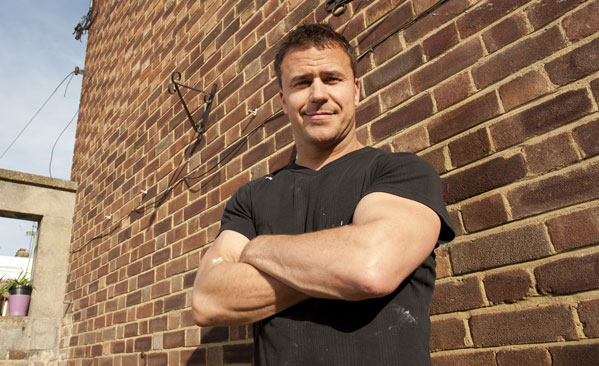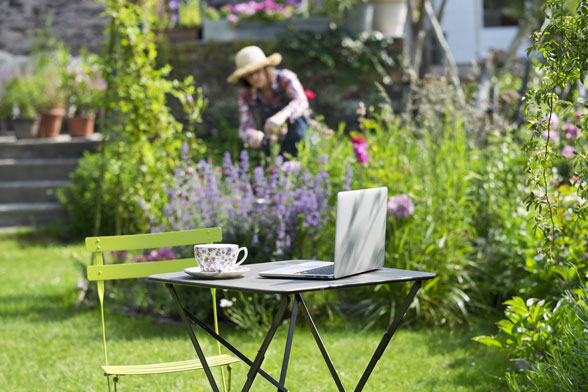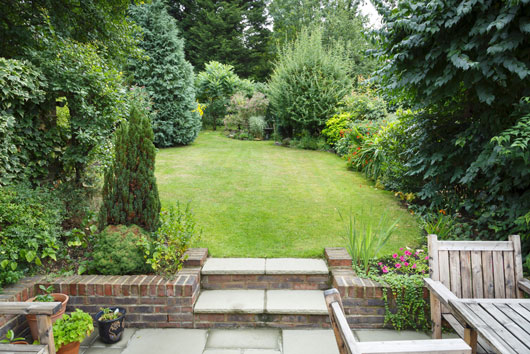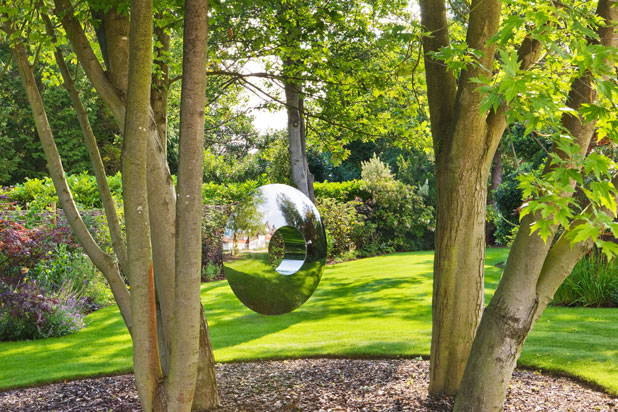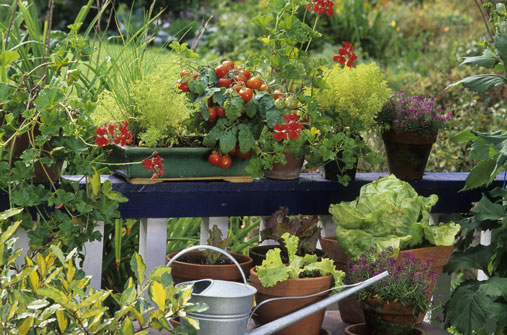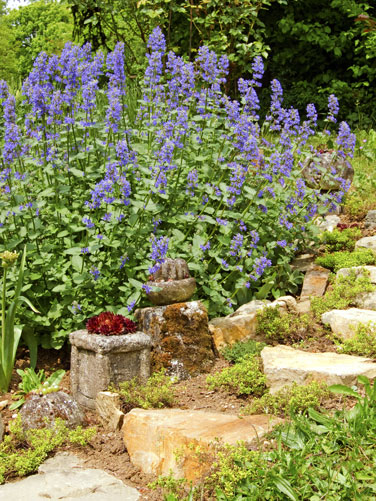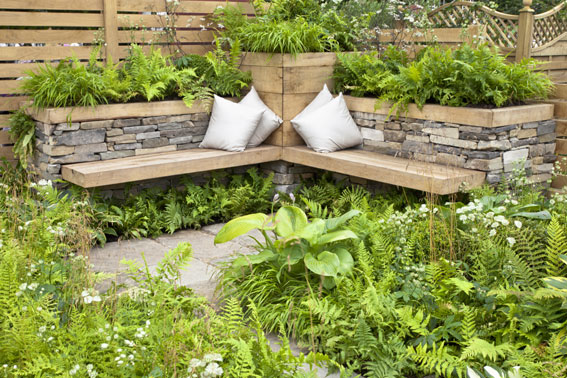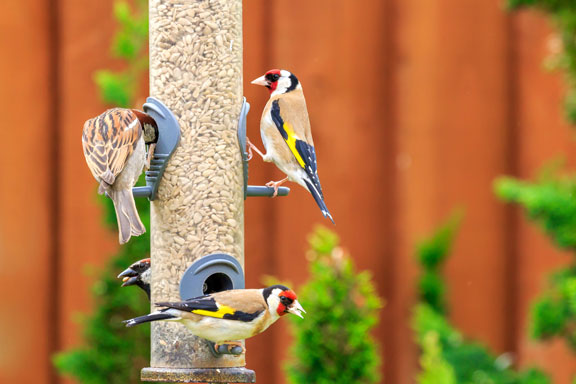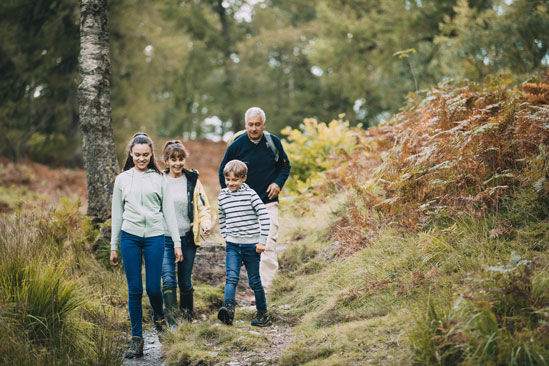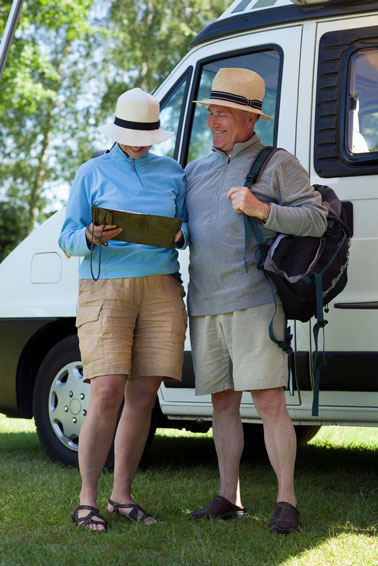DIY may be his trade – but as original Big Brother winner Craig Phillips tells Gabrielle Fagan, it brings a host of wellbeing benefits too.
Being trapped at home during lockdown certainly wasn’t unfamiliar to Craig Phillips.
As the winner of TV’s first ever Big Brother – which marks its 20th anniversary this year – he experienced weeks of housebound isolation, along with the pressure of being under constant surveillance.
“It certainly gave me an early taste of lockdown all those years ago,” says the 48-year-old, as he recalls being part of what was arguably the first proper reality TV show back in 2000.
“We were completely isolated from the outside world, with no phones, internet, newspapers – social media wasn’t even born then – and the house didn’t even have windows. The garden was walled, with floodlights and live TV cameras beaming down on us. We were basically imprisoned,” he remembers. “By comparison, being in my house and garden with my family throughout lockdown definitely felt far easier!”
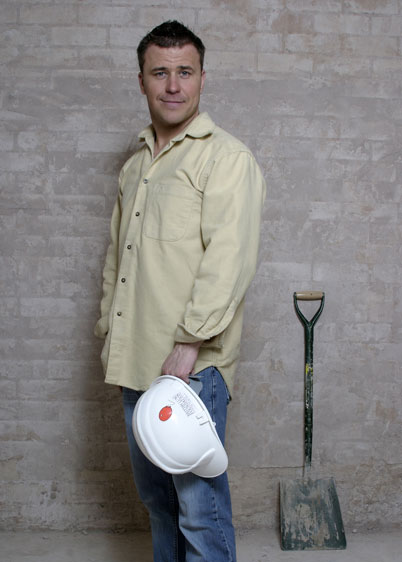
Now a regular on DIY shows – like 60 Minute Makeover, Housecall and Craig’s Trade Trips – Liverpudlian Phillips was just 28 when he won over viewers on Big Brother, as the straight-talking builder with a passion for body-building. Cheeky and charming, he touched the nation’s hearts with his selfless aim to give the prize money to family friend Joanne Harris, who had Down’s syndrome and needed a heart and lung transplant (Harris sadly passed away in 2008).
“I had no idea how big the show would be and just thought it was worth a try,” he says. “I thought, ‘Well, I don’t suppose anyone will watch the show, and really how hard can it be to live with 10 other people?’ Actually, it was really tough – you could never switch off with all those cameras on you, and it was hard to deal with all the different personalities,” he reflects.
Big Brother didn’t just propel Phillips to nationwide stardom, but changed the TV landscape and helped spawn the ‘fame game’, where ‘ordinary’ people could suddenly become celebrities overnight.
“My life exploded after I came out, and at times I found the reaction overwhelming,” Phillips admits. “I went into the house very naive, not expecting anything to come from it, as we all did. I don’t think anyone was [expecting anything], because reality TV wasn’t born until then,” he adds. “I think people got so excited about it, because it was the first time the public got an opportunity to vote and keep people in or kick them out.”
Re-entering the real world was “really, really crazy” he says. “I don’t think I went home for 97 days. I changed hotel every night and I had bodyguards chaperoning me around. It was life-changing overnight, and I was the last person to realise it.”
Phillips, who is talking from his home on the outskirts of Liverpool – which he shares with his wife Laura Sherriff, 33, and their 18-month-old daughter, Nelly (they’re currently expecting their second child) – doesn’t believe he’d even have been considered for the show in its later years, let alone won it.
“I think I’m a bit too normal, boring, and not extreme enough compared to the characters that were there as it went on,” he says with a grin. “As the years went on, increasingly scenarios were concocted to deliberately make people clash and cause friction, and get people conniving and calculating. That wouldn’t have been for me.”
Phillips’ story is an inspiring one. Just 13 when his father was killed by a drink-driver, by age 15, he was working to help support his mother and sister. Despite leaving school with no qualifications (he had un-diagnosed dyslexia), by his early-20s, he’d built a successful building company, with a turnover of more than £1 million and a team of 30.
While many fall by the wayside after five minutes of fame, Phillips thinks his down-to-earth background and business and building skills allowed him to capitalise on his success after Big Brother, rather than be derailed by it.
“In my book, being famous isn’t a job. I’ve never regarded myself as famous, although I am well recognised. I think the secret to surviving a reality show is to stay true to yourself and not believe the hype,” he says.
“The show was a spring-board for me, giving me so many opportunities to work on TV. I’ve appeared on thousands of DIY and makeover shows over the years. I’ve also been able to help raise millions for charities, which makes me feel really proud.”
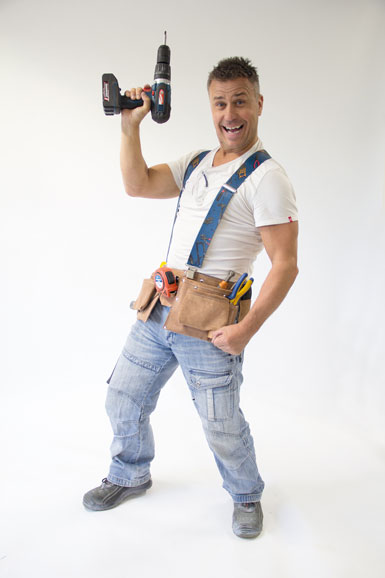
Marriage and becoming a father has given him personal contentment. He and Laura work together as ‘Mr & Mrs DIY’ on TV and YouTube. They also have a property portfolio and recently built their “dream” home, complete with eight bedrooms, a gym and film studio.
“I knew Laura was ‘the one’ the first time I met her, at a TV studio,” Phillips confides. “Although there is a 14-year age difference – Laura jokes she was still at school when I won Big Brother – we never notice it. We’ve so much in common, and being able to work and live together 24/7 so happily, to me means it’s a really special relationship.
“It was wonderful teaching Laura DIY skills and discovering she was a complete natural,” he adds, happily. “We make such a good team.
“Being parents together is brilliant, and we’re looking forward to welcoming our son soon. I treasure my time with Nelly and I’m perhaps even more aware of the responsibility of caring and providing for her, because I lost my own father so young.”
He’s open-minded about whether he’d allow his daughter to take part in reality TV when she’s older. “It would be hard to say no, wouldn’t it, after my experience?” he reflects. “If her heart was set on it, I’d support her, but just hope to guide her a little and help her keep her feet on the ground.
“Nelly actually already loves her painting play sessions, so I reckon we could give her a little brush in a few years and get her on our team,” he adds, laughing. “It would be nice to say, ‘Mr & Mrs DIY and Daughter!’”
He believes DIY can be far more beneficial than simply home improvements, as it can be beneficial to people’s mental wellbeing too.
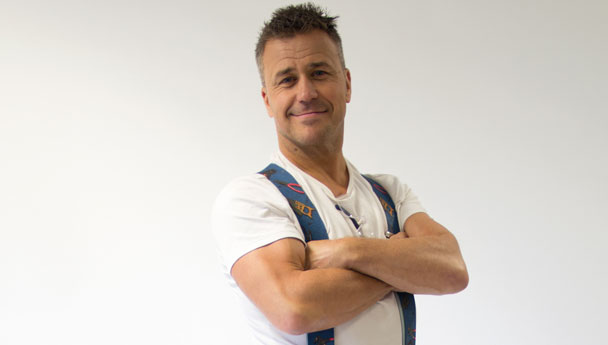
“We were overwhelmed by the huge and positive reaction to our online DIY videos during lockdown,” says Phillips. “It’s really therapeutic for people, if they can learn to work on their own homes and improve them, because that can really give a feeling of satisfaction and achievement. Also, there’s so much loneliness around, but we really noticed people loved being able to connect by sharing their DIY experiences and tips.”
He downs tools to look after his own wellbeing: “This is a stressful time business-wise, as it is for everybody, but I try not to panic and just keep the faith that things will bounce back.
“Chilling out with Nelly is a wonderful way of de-stressing,” he adds. “Laura and I share parenting 50/50, and I’ll take Nelly off for a couple of hours to play and that time literally flies by.
“I’m a bit of a workaholic, but it’s the ultimate switch off from work and any problems. I feel like a different man by the end of it.”
Craig Phillips is a celebrity builder and mental health speaker. To find out more, see craigphillips.co.uk

